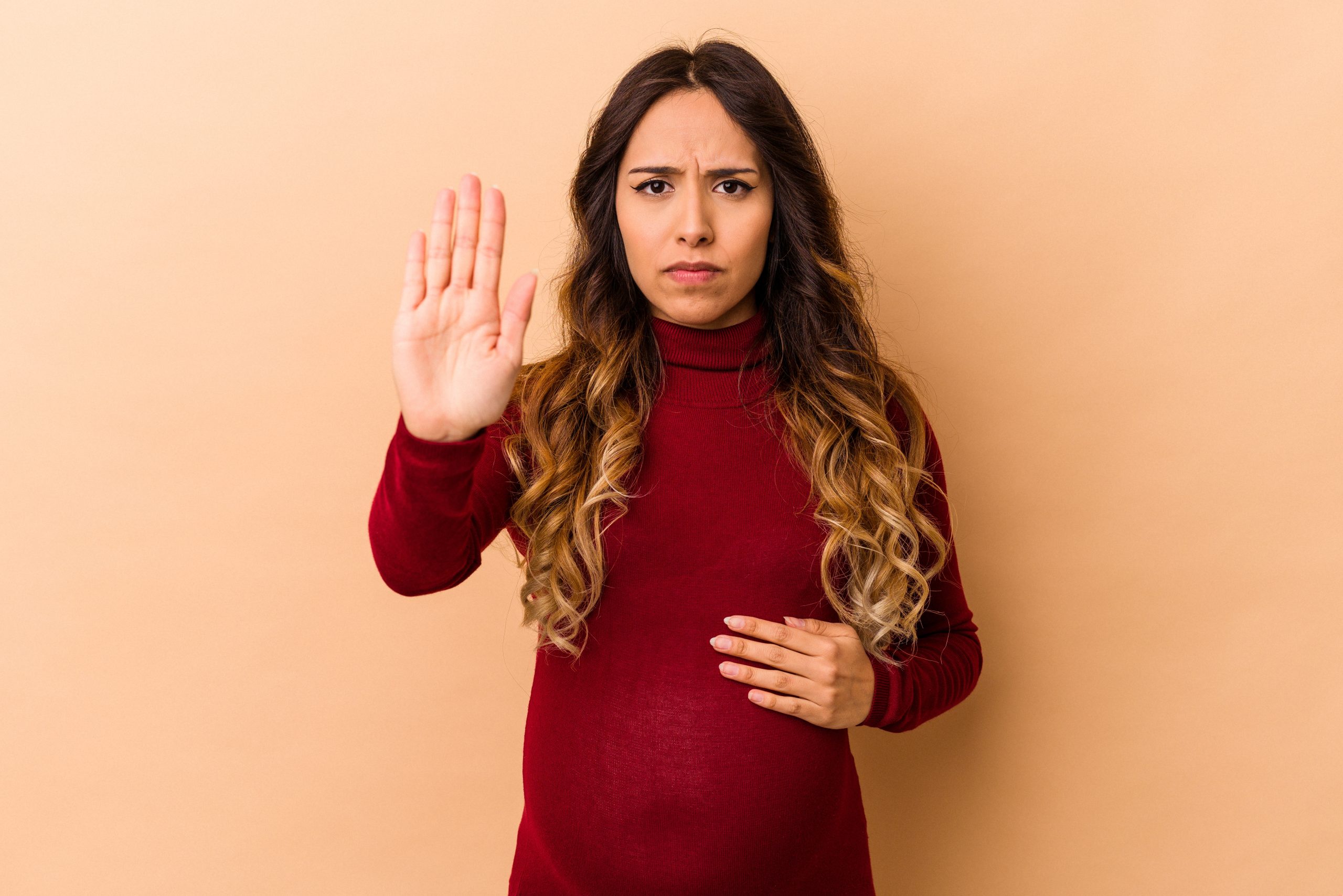
-
Posted By Sirmabekian
-
2022
-
0 Comments
Pregnancy discrimination in the workplace occurs when an employer discriminates against employees on the basis of pregnancy, childbirth, and more. Under Title VII of the Civil Rights Act of 1964, workplace pregnancy discrimination is strictly prohibited, and this is further enforced by the California Department of Fair Employment and Housing (DFEH). If you would like to learn more about workplace pregnancy discrimination, read on.
What Counts as Pregnancy Discrimination?
Pregnancy discrimination is when women in the workplace are treated unfavorably due to pregnancy, childbirth, and so on. Actions that may be pregnancy discrimination include, but are not limited to:
- Refusing to hire pregnant applicants
- Firing or demoting pregnant employees
- Denying the same or a similar job to pregnant employees upon their return from pregnancy-related leave
- Failing to grant male employees health insurance coverage for their wives’ pregnancy-related conditions, if female employees’ husbands receive comprehensive health insurance coverage based on the same company plan
- Treating pregnant employees differently from other temporarily disabled employees – under the law, pregnancy-related conditions may be considered temporary disabilities.
How am I Protected?
Title VII prohibits discrimination that is based on past, current, potential, or intended pregnancies, as well as pregnancy and childbirth-related medical conditions. If you are pregnant and your physical condition makes you eligible for disability leave under your company policy, your employer has at least 15 employees, or you work for an employment agency or labor union, you would be covered under these laws.
Additionally, the Family and Medical Leave Act of 1993 (FMLA) and the California Family Rights Act (CFRA) covers both male and female employees who need to take unpaid leave to look after newborn or newly adopted children, care for seriously ill family members, or recover from their own serious health conditions. This applies to employees who have worked for an employer with at least 50 employees for at least one year.
Depending on the state you live in, there may be further state-specific laws relating to disability leave. Be sure to check with a trusted lawyer for more!
What Remedies are Available?
If you are a victim of pregnancy discrimination, here are some of the remedies you may recover:
- Front pay
- Back pay
- Hiring
- Reinstatement
- Promotion
- Compensatory damages (for emotional pain and suffering)
- Punitive damages (to punish errant employers)
- Attorney’s fees
What Should I Do?
First and foremost, be sure to keep copies of all related documentation you send and receive from your employer. This includes copies of medical documents, and written requests to your employer for leave or accommodations that include explanations of why and for how long you require leave.
Should your employer continue denying leave, you might consider filing a grievance, especially through your company union. Ideally, a shop steward or union official should assist with the grievance process. If your company has an internal leave dispute resolution process, you may eventually be able to internally resolve the issue.
If you plan to file a pregnancy discrimination suit with a reliable discrimination lawyer, you will need evidence that workers in a similar situation were treated differently or more favorably than the pregnant worker. Employers must then demonstrate that they had a valid reason to treat the pregnant worker differently – if they do, you may be able to demonstrate that that reason was just a pretext for discrimination instead of the real reason for their actions.
 English
English Spanish
Spanish